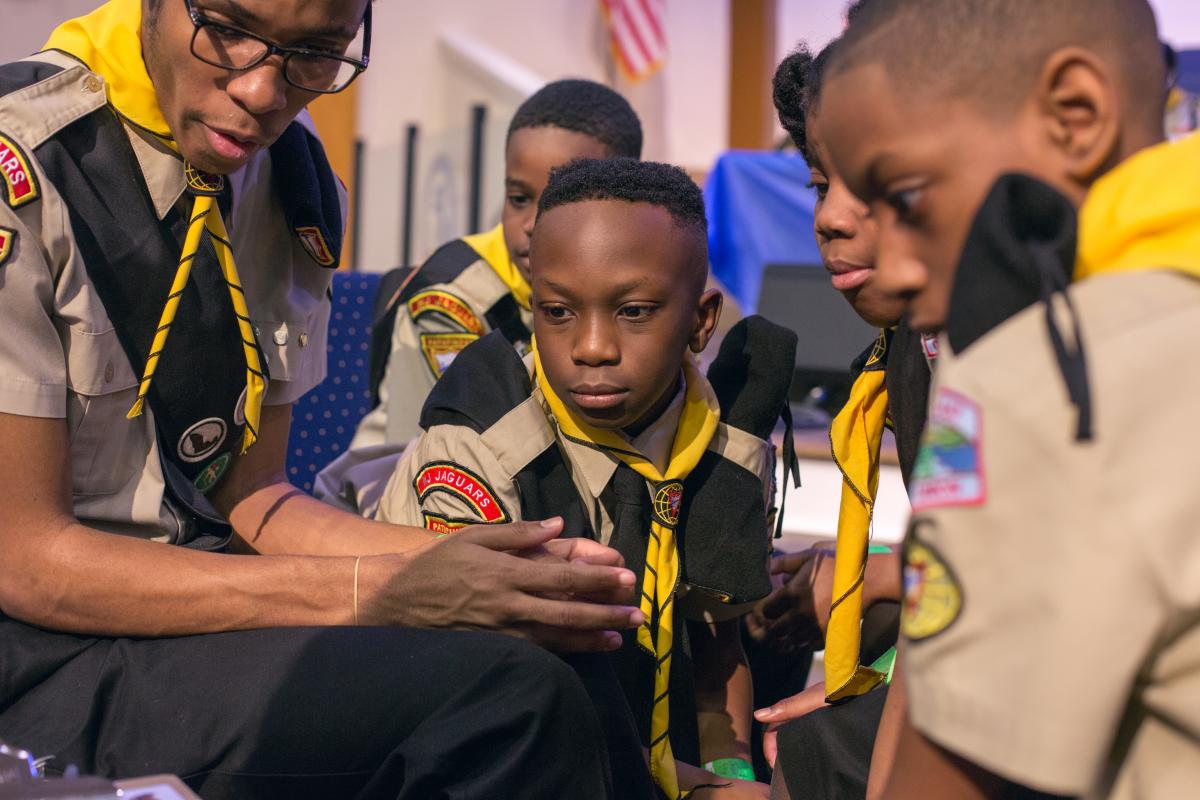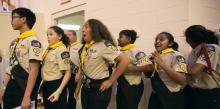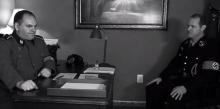Potomac Conference
Story by Tiffany Doss
Last week the USS Yorktown WWII aircraft carrier became the temporary residence for students from Potomac Conference's Desmond T. Doss Christian Academy in Lynchburg, Va. Seventh through 10th grade students spent three days and two nights on board the historic ship at the Charleston Harbor in South Carolina.
Story by Tiffany Doss
After seeing the success of nationwide storytelling competitions and exhibitions such as The Moth, a National Public Radio (NPR) show and podcast, last year Richard Castillo, an associate pastor of the Sligo church in Takoma Park, Md., set out to create a program built around storytelling.
 By V. Michelle Bernard / Photos by Pieter Damsteegt/NAD
By V. Michelle Bernard / Photos by Pieter Damsteegt/NAD
Thirty-seven teams from the Columbia Union Conference participated in the North American Division’s (NAD) Pathfinder Bible Experience (PBE) at Camp Hawthorne (Fla.) April 21.
Ethan Madding, a senior at Spencerville Adventist Academy in Spencerville, Md., recently showed his film, Fool’s Prayer, at the 2018 Sonscreen Film Festival at the North American Division Headquarters in Columbia, Md.
The film is an adaption of Marvin Moore’s book, Witnesses Through Trial, a story about two German Schutzstaffel (SS) officers who deal with a prisoner who won’t work on the Sabbath.





